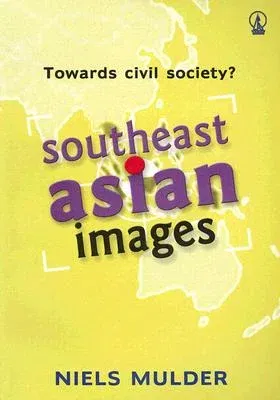Neils Mulder
(Author)Towards Civil Society?: Southeast Asian ImagesPaperback, 31 December 2005

Qty
1
Turbo
Ships in 2 - 3 days
In Stock
Free Delivery
Cash on Delivery
15 Days
Free Returns
Secure Checkout

Part of Series
Images (Penerbit Kanisius)
Print Length
253 pages
Language
English
Publisher
ATF Press
Date Published
31 Dec 2005
ISBN-10
9792112561
ISBN-13
9789792112566
Description
Product Details
Author:
Book Format:
Paperback
Country of Origin:
ID
Date Published:
31 December 2005
Dimensions:
21.23 x
15.14 x
1.37 cm
Genre:
Southeast Asian
ISBN-10:
9792112561
ISBN-13:
9789792112566
Language:
English
Location:
Adelaide
Pages:
253
Publisher:
Series:
Weight:
299.37 gm